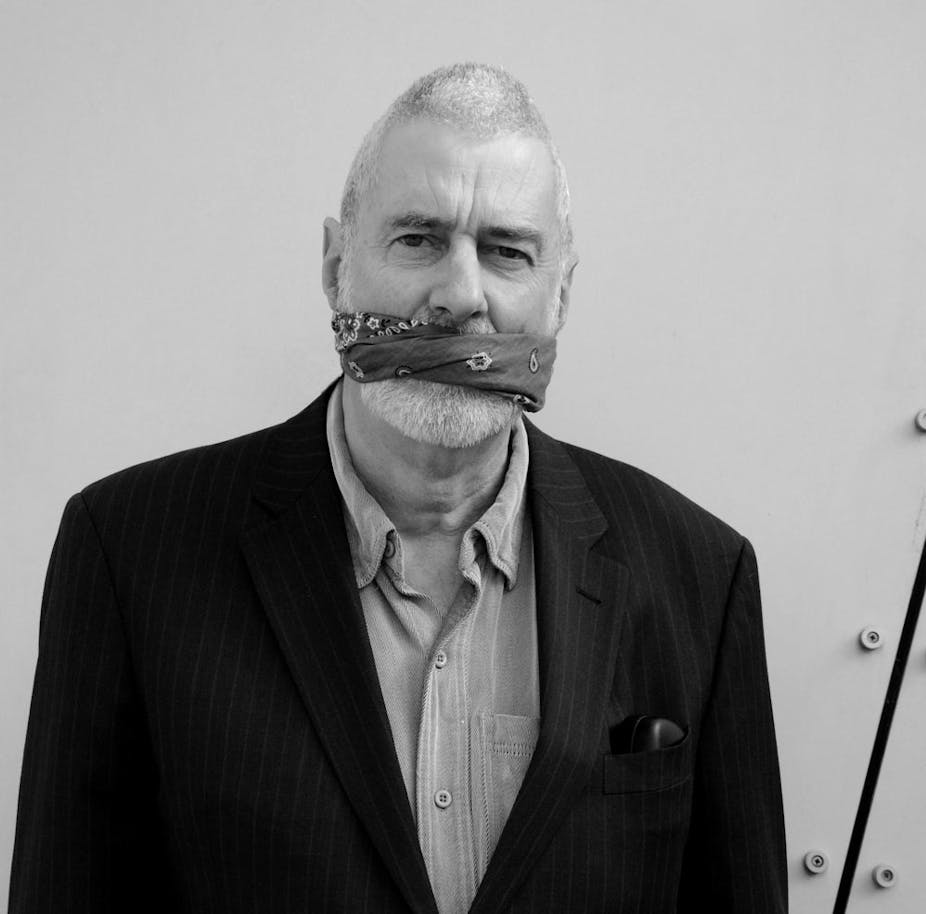In an era of under-resourced and sometimes rather timid regulators, it’s unsurprising that marketers obey the logic of the market, engaging in practices that provoke a response by consumer advocates.
Regulatory privatisation (shifting responsibility for regulation to individuals and industry) is founded on the notion that markets will look after themselves. It’s also founded on the notion that consumers are equipped with information and with a discerning mindset. Both are necessary, for instance, in differentiating between greenwash and substantive claims from enterprises and NGOs, or between deliberate deception and puffery (the exaggeration in advertising that consumers discount, which, as a result, requires no legal remedy).
As PT Barnum once remarked, there’s a sucker born every day. Assumptions that everyone will or can effectively look after themselves are problematic. With the rise of “citizen journalism” and the decline of “big media”, it’s more important than ever that we have consumer champions – people who are prepared to use their expertise in the community interest and challenge egregious misstatements by politicians, enterprises and NGOs.
The willingness to speak out from the ivory (or spalled concrete) tower remains one of the justifications for funding tertiary education. But sticking your head above the tower’s crenellations comes at a price.
Public statements questioning the empirical basis of claims by marketers, the disinterested nature of statements by commentators, misbehaviour by big pharma, the trust structures used by the very wealthy or the impact of plans for projects such as pulp mills, marinas and mines all potentially attract the “chill pill”.
That chill is litigation designed to silence or marginalise criticism and community engagement, such as in the form of public protests.
In Australia, litigation like this is often conceptualised narrowly in terms of defamation – an aggrieved party seeking compensation for a falsehood that damages reputation and seeking to prevent repetition of that falsehood. It might, however, also be conceptualised as strategic litigation against public participation (aka SLAPP).
Participation in public debate is central to civil society and is threatened by phenomena such as the loss of social capital in modern western societies (“bowling alone”) or highly-targeted media, such as “audience of one”.

We don’t need the chill pill. What we need instead is a coherent national anti-SLAPP regime safeguarding criticism that’s in the public interest, which moves beyond the Constitution’s narrow protection for political communication. The authors of such criticism include academics writing in public fora such as this website.
Individuals and organisations engaging in SLAPP occasionally recognise that if their claims are tested in court, their critics will be vindicated. “Slapping on the writs” remains attractive, however, because it chills both actual and potential critics. As one academic commented, there’s nothing like getting a scarygram from a billionaire’s lawyers to ruin your day.
Academics may comfort themselves with institutional support for academic freedom (the vice-chancellor of the University of Canberra recently emphasised a commitment to that freedom) but defamation action potentially eats up the critic’s time and energy rather than just their bank account and family home. And there are more exciting ways to spend a day – or a week – than briefing the university solicitor and barrister on a claim about environmental impacts, a bracelet with magical properties or a potion that will make the consumer smarter, quicker and more beautiful.
The cost of regulation is thus borne by the consumer advocate and the institution rather than by agencies such as the Australian Competition & Consumer Commission, Australian Communications & Media Authority, Therapeutic Goods Agency, Telecommunications Industry Ombudsman and Food Standards Australia New Zealand. It’s a cost that some potential advocates may be unwilling to pay, whether because litigation results in ulcers, disturbs administrators or takes place at the expense of research.
So there are good arguments for such a law. But the usefulness of anti-SLAPP law is also highlighted by three recent developments.
The first is the account elsewhere on this site of the experience of health advocate and academic Ken Harvey, someone who has been threatened with litigation after asking inconvenient questions about particular dieting products.

The second is the UK litigation, now concluded, against Simon Singh after he criticised the British Chiropractic Association over claims that chiropractic treatment was effective in dealing with childhood disorders, such as asthma, colic and bed-wetting. Singh was vindicated, albeit after a long time in the courts.
It’s unclear whether a junior academic – worried about acquiring a reputation for “troublesomeness” – would choose to be bold rather than bland.
The third is the slow introduction of whistle-blowing law across Australia. The ACT is currently considering a Whistle-blowing Bill. Unfortunately, the proposal is restricted to the public sector, and doesn’t provide protection for people in the private sector who breach contract or other law by disclosing information out of concern for the community good. It’s not complemented by statutory protection for public interest advocates.
We need to update Australian law to address deficiencies in public education by protecting public advocates who draw attention to problems in circumstances where regulators lack the will or technical expertise to evaluate claims or act against impropriety. Such protection wouldn’t erode human rights by giving a charter for defamation. And it should be welcomed by the media organisations and legal groups that have damned proposals for a “privacy tort” on the basis that it chills free speech and protects wrongdoers.

